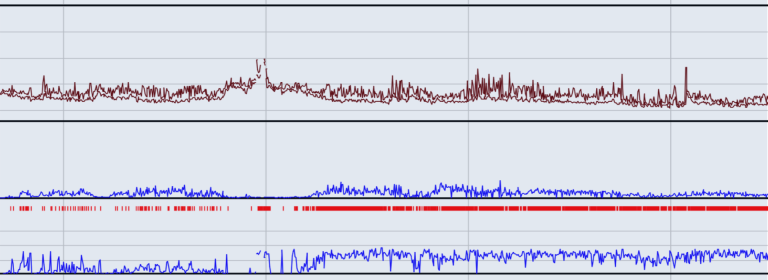sleep-testing
What is a Sleep Study?
A sleep study (also called a polysomnogram; PSG) is a specialised way to monitor many of your body’s physiological processes while you are asleep. Tiny sensors are applied to the skin of your scalp, face, chest, fingers and legs. Digital hardware and software is used to measure your brain waves, eye movements, muscle activity, breathing, snoring, oxygen levels, heart rhythm, body position and movements while you are asleep.
The sensors used to perform your sleep study are non-invasive and do not hurt. There is sometimes mild, temporary skin irritation from rubbing the skin when attaching electrodes. Significant discomfort is very unusual.
Sleep studies allow many complex medical disturbances that occur during sleep to be investigated. Many of these medical conditions can cause disrupted sleep, daytime tiredness, problems with memory or concentration, and serious risk to your health.
Your comfort and safety throughout the night, and the quality of the information we record, are ensured by having trained staff guide you on how to properly set up your sleep test equipment.

PHYSIOLOGICAL PROCESSES ROUTINELY MEASURED DURING A DIAGNOSTIC PSG
Electroencephalogram
(EEG – brain waves)
Electrocardiogram
(ECG – heart rhythm)
Nasal and oral air-flow
Electro-occulogram
(EOG – eye movements)
Oximetry
(blood oxygen content)
Leg movements
Electromyogram
(EMG – muscle tone)
Body position
Snoring and sound
Types of Sleep Studies
OVERNIGHT DIAGNOSTIC SLEEP STUDIES
This is the most common type of sleep study performed, where tiny sensors are used to measure the body’s physiological processes during sleep. Diagnostic polysomnograms (PSGs) are used to diagnose snoring, obstructive sleep apnoea, periodic limb movement disorder, sleep-state misperception, and other less common sleep disorders; they can also be very helpful in investigating insomnia, narcolepsy, idiopathic hypersomnolence and restless limb syndromes.
Air Liquide Healthcare provide overnight home based sleep tests that you can conduct from the comfort of your own home.
Daytime diagnostic studies
Daytime diagnostic sleep studies similar to overnight PSG can be performed in individuals who normally sleep during the day (such as shift-workers).
BPAP (VPAP) and APAP Titration studies
Multiple Sleep Latency Test (MSLT)
An MSLT is a specialised daytime sleep-study used to investigate narcolepsy and hypersomnolence. MSLTs are generally performed during the day, immediately following an overnight PSG. The test involves 4 or 5 nap periods at 2-hourly intervals throughout the day. Brain waves and eye movements are recorded to enable sleep-times and sleep-stages to be determined.
